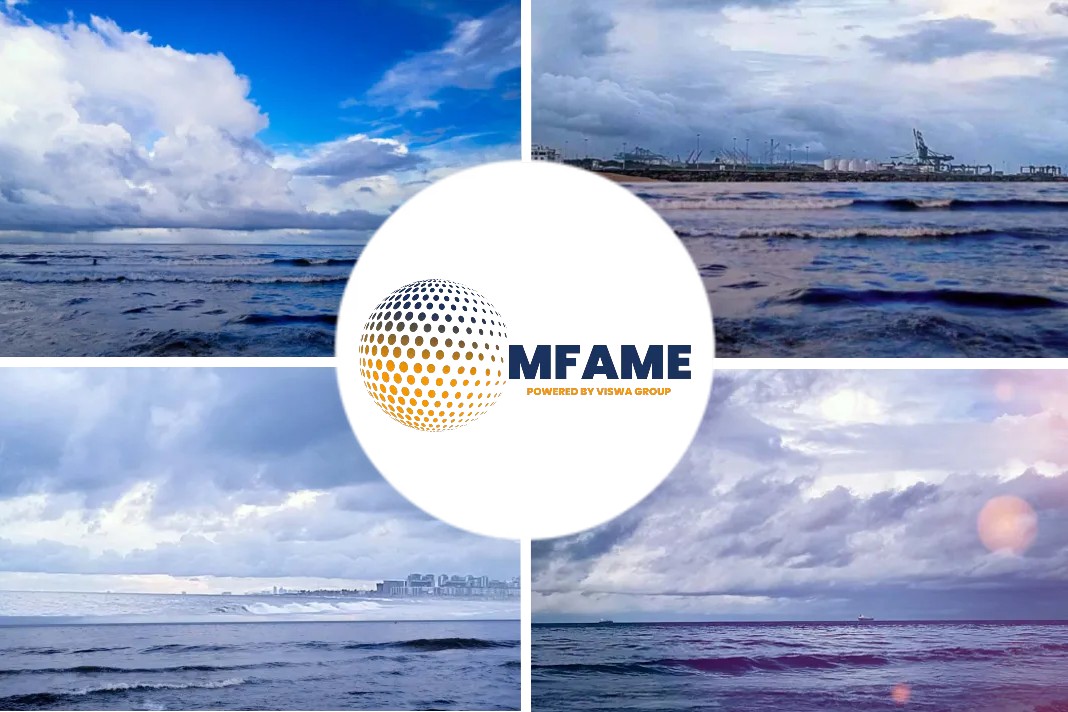
King Island in Alaska was home to the Ugiuvangmiut people who lived in small houses raised high on stilts above the island’s steep terrain in the early 20th century. However, by the 1970s, the village of Ukivok was abandoned, and most residents had moved to Nome on the mainland. One of the main reasons for the migration was the Bureau of Indian Affairs’ decision to close a school it ran on the island in the late 1950s, as reported by HCN.
Increased ship traffic
Ben Payenna, a King Island Native Community tribal council member, is concerned about the increase in ship traffic near King Island, a private property owned by the King Island Native Corporation, as it may threaten their connection to the island and lead to outsiders accessing it. Ponant, a cruise ship company, includes King Island in its itinerary but states that passengers will not disembark and only offer lectures on the island’s history, geology, and biodiversity. The company has not disclosed if they have consulted with the King Island community about their plans.
Concerns regarding wildlife
Marine traffic in the Arctic has increased by 44% between 2013 and 2019, with an increase in tourism being the primary reason for the rise. This has led to concerns from some communities, such as the King Island Native Community, about outsiders accessing their private property and looking for artefacts. The Arctic could become ice-free in summer by 2050, further increasing interest in Arctic tourism. Russian conflict with Ukraine has also led to ships passing by Nome staying closer to Alaska, with some offering hands-on expeditions and close encounters with wildlife.
Food chain disruption
Increased marine traffic in the Arctic is a concern for the wildlife in the region, particularly for the walrus, which is a main subsistence resource for communities like the King Island Native Community. King Island serves as one of the 62 walrus haul-outs along the Bering Sea coast of Alaska and Russia. Ben Payenna, a member of the community, relies on subsistence hunting for his family’s food and is worried about how the increased ship traffic could impact the food chain and disrupt animal populations.
New route?
Ponant, a French cruise company, claims to follow the US Fish and Wildlife Service guidelines to avoid harming wildlife, including staying at least three nautical miles away from known walrus haul-outs. The US Coast Guard has approved a 2017 proposal to create a shipping route that takes ships away from King Island, but the route is not legally binding. The difficult and dangerous terrain of the island, along with concerns about the impact of increased tourism on the subsistence resources of local Indigenous communities, raises concerns about the ease with which companies like Ponant promote travel to remote locations.
Irelan has childhood memories of climbing cliffs. He claimed that once he had vertigo and needed to be talked down from his perch by his uncle. He does, however, concur with Payenna and other ancestors that it is a wonderful site. “It’s like ‘Welcome home!’ when you get to the south side of the island and the warm breeze hits your face.”
Did you subscribe to our newsletter?
It’s free! Click here to subscribe!
Source: HCN















